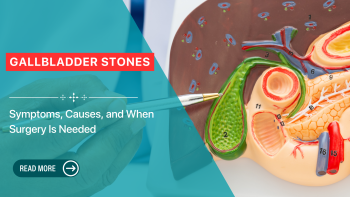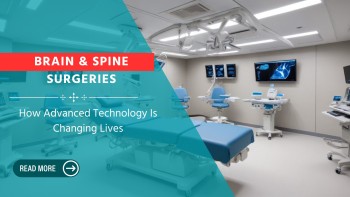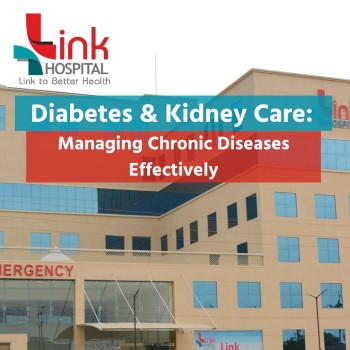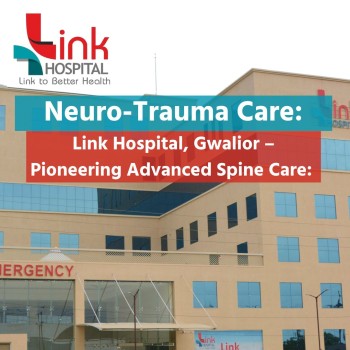Common Sports injuries are common among athletes and active individuals, often resulting from
overuse, improper training techniques, or accidents during sports activities.
Understanding the types of sports injuries, their causes, prevention strategies,
and management is crucial for athletes to stay healthy, perform optimally, and
prevent long-term complications.
Types
of Common Sports Injuries
1. Sprains and Strains
● Sprains: Ligament injuries due to
stretching or tearing of ligaments, commonly affecting the ankles, knees, and
wrists.
● Strains: Muscle or tendon injuries
caused by overstretching or overuse, often occurring in the hamstrings,
quadriceps, and calf muscles.
● Fractures: Bone fractures can occur due
to direct trauma or repetitive stress, leading to broken bones in areas such as
the wrist, ankle, collarbone, or fingers.
●
Dislocations: Joint dislocations involve the displacement of bones
from their normal positions, commonly seen in the shoulder, fingers, elbows, or
knees.
● Tendonitis: Inflammation of tendons,
often caused by repetitive motions or sudden impacts, affecting areas like the
Achilles tendon, rotator cuff, or elbow tendons.
● Bursitis: Inflammation of bursae
(small fluid-filled sacs), resulting from repetitive friction or pressure on
joints, commonly seen in the shoulders, elbows, and knees.
● Stress Fractures: Tiny cracks in bones due to
repetitive stress or overtraining, frequently occurring in weight-bearing bones
like the shin, foot, or lower back.
●
Cartilage Injuries: Damage to cartilage tissue, leading
to conditions like meniscus tears in the knee or labral tears in the shoulder
or hip joints.
● Dynamic Warm-Up: Engage in dynamic stretching
exercises and light aerobic activities to increase blood flow, warm up muscles,
and prepare the body for intense workouts.
● Stretching Routine: Incorporate static
stretching exercises before and after workouts to improve flexibility, reduce
muscle tightness, and prevent strains.
● Skill Development: Learn and practice proper techniques
for sports-specific movements, such as running, jumping, cutting, throwing, or
swinging.
● Progressive Training: Gradually increase workout
intensity, duration, and frequency to allow for adaptation and reduce the risk
of overuse injuries.
● Appropriate Footwear: Wear well-fitted athletic
shoes with proper support and cushioning for specific sports activities.
●
Protective Gear: Use appropriate protective gear such as helmets, pads,
braces, or mouth guards to reduce the risk of impact injuries or collisions.
● Rest Days: Schedule regular rest days
in your training regimen to allow for muscle recovery, tissue repair, and
prevention of overtraining.
●
Cross-Training: Incorporate cross-training activities to vary stress on
muscles and joints, promote overall fitness, and reduce repetitive strain.
● R.I.C.E. Protocol: Follow the Rest, Ice, and Compression, Elevation
protocol for acute injuries to reduce pain, swelling, and inflammation.
● Immobilization: Use splints, slings, or braces as needed to immobilize
injured areas and prevent further damage.
● Seek Medical Attention: Consult a healthcare
professional for thorough evaluation, accurate diagnosis, and appropriate
treatment recommendations for sports injuries.
●
Imaging Studies: X-rays, MRI scans, or
ultrasound may be recommended to assess the extent of tissue damage and
determine the best course of treatment.
● Physical Therapy: Undergo structured rehabilitation programs, including
exercises, stretches, and manual therapies, to restore strength, flexibility,
and function.
● Gradual Return to Activity: Follow a gradual
return-to-play protocol to ensure safe progression back to sports
participation, minimizing the risk of re-injury.
Sports
injuries can impact athletes of all levels, but with proper knowledge,
preparation, and prevention strategies, many injuries can be avoided or
minimized. By understanding common sports injuries, implementing preventive
measures, and seeking timely medical care when needed, athletes can stay
healthy, perform at their best, and enjoy long-term athletic success.
Comprehensive
Medical Expertise at Link Hospital
At Link Hospital, we offer a wide range of medical specialities
and services, including:
●
Emergency Medicine: Link Hospital is well-equipped
with advanced medical technologies. And all ready to handle any
challenging case with the team of experts.
● Orthopedics: Surgical and non-surgical treatment options for
musculoskeletal injuries and disorders.
●
Urology: Advanced diagnostics at Link Hospital,
innovative treatments, and patient-centric care converge to ensure optimal
outcomes for every individual.
● Cardiology: Diagnosis, treatment, and management of heart conditions
and cardiovascular diseases.
● Neurology: Evaluation, diagnosis, and treatment of neurological
disorders and conditions.
● Gastroenterology: Digestive health care, endoscopy procedures, and
gastrointestinal treatments.
● Oncology: Cancer diagnosis, treatment planning, chemotherapy and
surgery.
● Obstetrics and Gynecology: Women's health services,
prenatal care, childbirth, and gynaecological surgeries.
● Surgery- Includes minimally invasive procedures.
● Paediatrics: Paediatric healthcare, immunizations, well-child visits,
and developmental screenings.
● Emergency Medicine: 24/7 emergency care, trauma
management, and critical care services.
Advanced Facilities
Link Hospital is equipped with advanced medical technology,
diagnostic capabilities, and treatment modalities to ensure accurate diagnoses
and effective medical interventions. Our modern facilities include:
● Advanced Imaging Center: CT scans, X-rays, ultrasound
services.
● Surgical Suites: State-of-the-art operating rooms for minimally invasive
and complex surgical procedures.
● Intensive Care Units: Specialized ICUs for critical care
management and post-operative recovery.
●
Rehabilitation Center: Physical therapy,
occupational therapy, and rehabilitation programs for optimal recovery.
Patient-Centered Care
At Link Hospital, patients
are our top priority. We are committed to providing compassionate, personalized
care that focuses on each patient's individual needs, preferences, and goals.
Our healthcare team works collaboratively to ensure thorough assessments,
accurate diagnoses, and tailored treatment plans for every patient.
Commitment
to Quality and Safety
Quality and safety are fundamental principles at Link Hospital.
We adhere to strict quality standards, evidence-based practices, and patient
safety protocols to deliver excellent healthcare outcomes. Our commitment to
quality extends to:
● Clinical Excellence: NMC-certified physicians, skilled
nursing staff, and allied healthcare professionals providing top-notch care.
● Infection Control: Stringent infection prevention measures, hygiene
protocols, and cleanliness standards throughout the hospital.
●
Patient Safety: Comprehensive safety
protocols, medication management, and patient education initiatives.
Your Partner in Health
Whether you need routine
medical care, specialized treatments, or emergency services, Link Hospital is
your trusted partner in health. Our dedicated healthcare professionals are here
to guide you through your healthcare journey, from diagnosis to treatment,
recovery, and ongoing wellness support.
Contact
Us Today
Experience the difference at Link Hospital. Contact us today to schedule an appointment, learn more about our services, meet our healthcare team, and discover why Link Hospital is your destination for advanced healthcare excellence.











